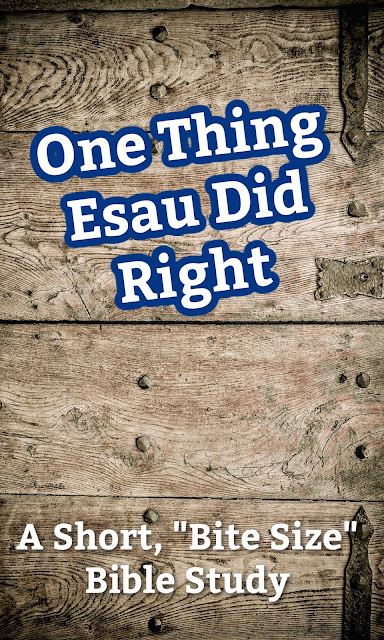Before doing this study, please read the one-minute introduction Moses to the Rescue. It explains that God didn't use Moses when he was young and self-confident. He waited until Moses was able to trust God instead of trusting himself.
1. What does Jesus say about our ability to do great things?
John 15:4-5: Remain in me, as I also remain in you. No branch can bear fruit by itself; it must remain in the vine. Neither can you bear fruit unless you remain in me. 5 “I am the vine; you are the branches. If you remain in me and I in you, you will bear much fruit; apart from me you can do nothing.
John 15:4-5: Remain in me, as I also remain in you. No branch can bear fruit by itself; it must remain in the vine. Neither can you bear fruit unless you remain in me. 5 “I am the vine; you are the branches. If you remain in me and I in you, you will bear much fruit; apart from me you can do nothing.
Remaining in Christ means depending on His wisdom and strength, not our own. It means fulfilling His purposes, not our own. See John 14:21 and Ephesians 2:10 for additional insights.
2. What does Paul say about his abilities?
1 Corinthians 2:1-5: When I came to you, I did not come with eloquence or human wisdom as I proclaimed to you the testimony about God. 2 For I resolved to know nothing while I was with you except Jesus Christ and him crucified. 3 I came to you in weakness with great fear and trembling. 4 My message and my preaching were not with wise and persuasive words, but with a demonstration of the Spirit’s power, 5 so that your faith might not rest on human wisdom, but on God’s power.
Paul makes it clear that he is merely a messenger. It's interesting (in light of Moses' excuses in Exodus 4:1-17) that Paul specifically says it isn't "eloquence" or "wise and persuasive words" that matter.
3. What key insights are found in these two passages?
1 Peter 5:5b-6: All of you, clothe yourselves with humility toward one another, because, “God opposes the proud but shows favor to the humble.” 6 Humble yourselves, therefore, under God’s mighty hand, that he may lift you up in due time.
Numbers 12:3: Now Moses was a very humble man, more humble than anyone else on the face of the earth.
Imagine this! God's Word says Moses was more humble than anyone else on the face of the earth. That's the kind of leader God wants!
copyright, 2015, Gail Burton Purath, BiteSizeBibleStudy.com, edited and updated in 2024







